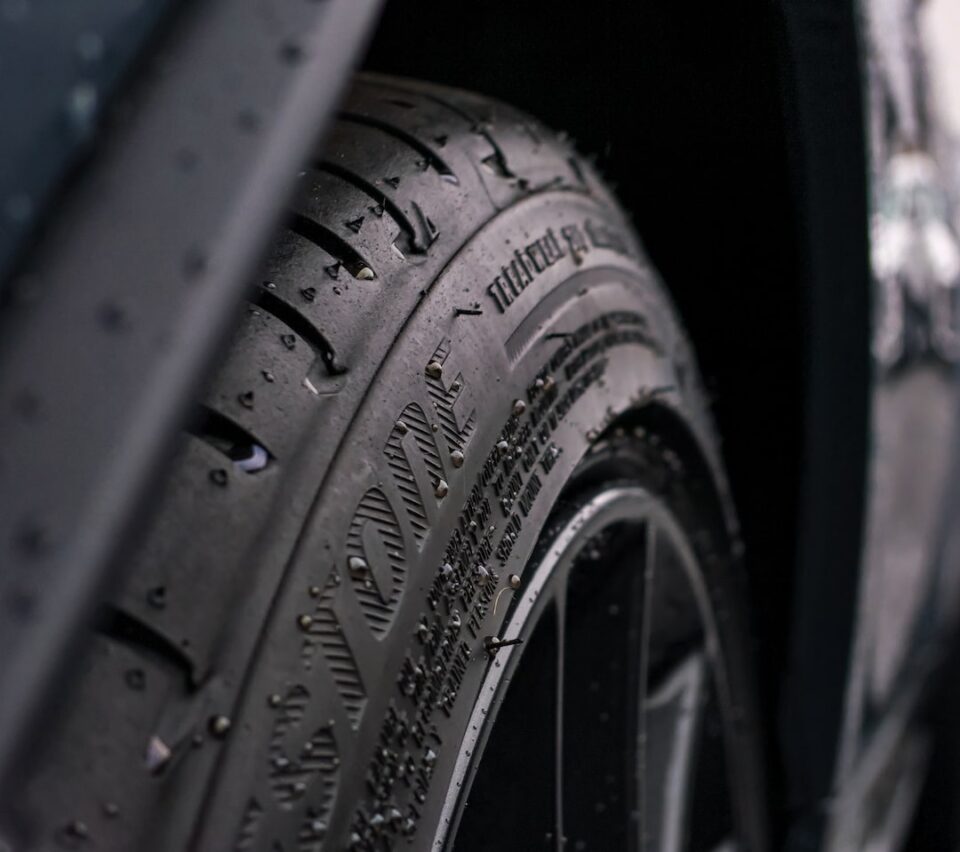Understanding the Different Types of Vehicle Warranties
When purchasing a new vehicle, one of the most important things to consider is the type of warranty that comes with it. A vehicle warranty provides protection and peace of mind in the event of any unforeseen repairs or defects. However, with the multitude of warranty options available, it can be confusing to understand which one is right for you. In this blog post, we will break down the different types of vehicle warranties to help you make an informed decision.
1. Manufacturer’s Warranty:
The manufacturer’s warranty, also known as the factory warranty, is offered by the vehicle’s manufacturer and typically covers defects in materials or workmanship. This warranty usually lasts for a specific period of time or mileage, such as 3 years or 36,000 miles, whichever comes first. It provides coverage for repair or replacement of parts that fail due to manufacturing defects. Manufacturer’s warranties are often considered the most comprehensive and offer the highest level of coverage.
2. Powertrain Warranty:
A powertrain warranty covers the essential components of a vehicle that make it move, such as the engine, transmission, and drivetrain. This warranty usually lasts longer than the manufacturer’s warranty and can range from 5 to 10 years or more. It is designed to protect against expensive repairs that may arise from failures or malfunctions in these vital components.
3. Bumper-to-Bumper Warranty:
A bumper-to-bumper warranty, also known as a comprehensive warranty, provides coverage for almost all parts and systems of the vehicle, except for a few exclusions. This type of warranty is usually offered for a limited time or mileage, such as 3 years or 36,000 miles, and typically overlaps with the manufacturer’s warranty. It is important to read the fine print of this warranty to understand what is excluded from coverage.
4. Extended Warranty:
An extended warranty is an additional warranty that can be purchased separately from the manufacturer or dealership. It extends the coverage beyond the original warranty period and provides protection against unforeseen repairs and maintenance costs. Extended warranties can vary in coverage and duration, so it is essential to carefully review the terms and conditions before deciding to purchase one. These warranties can be beneficial for those who plan to keep their vehicle for an extended period or drive high mileage.
5. Certified Pre-Owned Warranty:
If you are considering purchasing a used vehicle, a certified pre-owned (CPO) warranty may be of interest. CPO vehicles have gone through a rigorous inspection process and come with a manufacturer-backed warranty. This warranty provides similar coverage to a new vehicle warranty and can provide extra peace of mind when buying a used car.
6. Limited Warranty:
A limited warranty is often offered by aftermarket companies or third-party providers. It covers specific parts or systems of the vehicle for a set period of time or mileage. However, it is crucial to carefully evaluate the coverage and reputation of the provider before purchasing a limited warranty, as some may have limitations or exclusions that could leave you without proper protection.
In conclusion, understanding the different types of vehicle warranties is essential when purchasing a new or used vehicle. Each warranty type offers different levels of coverage and protection, so it is important to assess your needs and budget before making a decision. Reading and understanding the terms and limitations of each warranty is crucial to avoid any unexpected costs or issues down the road. Remember, a well-informed decision now can save you time, money, and stress in the future.

